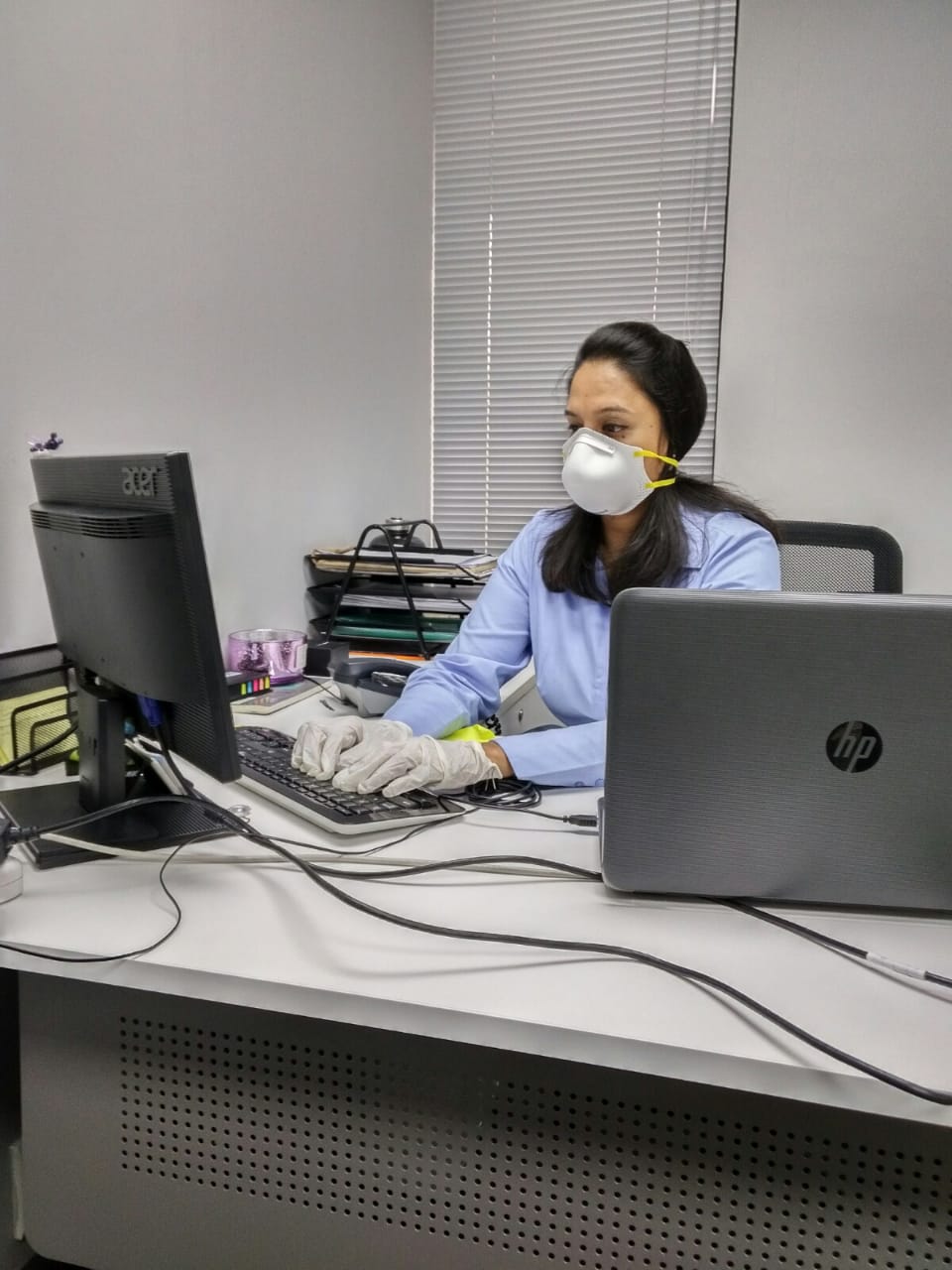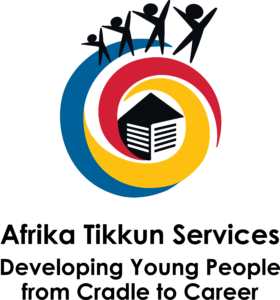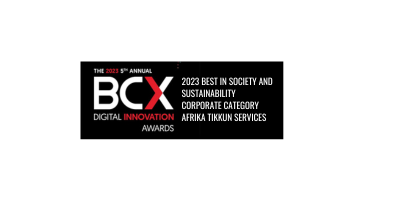Women in Business Series: Adele Naidoo
Adele Naidoo is Head of Human Resources at JoJo, a company producing safe water and storage tank solutions. Adele offers tips on how to truly level the playing field for women to climb the career ladder. She also shares JoJo’s innovative respond to COVID which prioritises employee wellbeing and staying true to their brand.
Are you satisfied with South Africa’s efforts in regards to empowering and promoting women in business?
No, progress is slow. Currently in South Africa, only about 12% of woman are given a voice at board level. Maternity leave is granted but payment during this period is left to the company. A lot of companies still choose not to offer full compensation to females during this time. Apart from the financial loss, there is the pause in her career that her male counterparts are unaffected by: they remain in the game, upskilling, moving on opportunities and putting their names forward for promotions. A fundamental change to government policy is required to truly enhance equality in the workplace.
What are some of the barriers that women still face in cracking the proverbial glass ceiling?
Choosing between having children and a career. More and more women who choose to have a career fight the biological clock as well, and once you have achieved your career goals it may be too late to have children. There aren’t enough seats provided which creates an environment in which women compete against each for specific roles or functions. We need mentors in business to extend a hand and this seldom happens because we are too busy competing against each other.
Research shows men earn more for the same job when compared with woman and mothers are paid less than single women. As evidenced by several studies, women generally do not ask for increases. COVID has impacted on this significantly, where women have carried the extra loads of work, home care and child care, without child minders or domestic help.
What do you think are some of the most important skills and qualities that women need to have to excel in business today?
Education – many girl children are not given an equal opportunity of a good education because they are burdened with family responsibilities. This is another area that has been impacted during COVID, with many girl children not returning to schools. Knowledge is one of the most impactful tools that we have in our struggle for equality.
Authenticity and being our natural nurturing empathic selves – we have seen this with women lead countries during COVID like New Zealand. Authors and theorists have recognised the parallels that exist between transformational leadership and feminine traits and how these are highly impactful when bringing about change. Businesses are starting to recognise the importance of their people’s wellbeing and how this may impact the business.
Resilience and courage – to effectively fight against the barriers that hold us back without giving up and not being afraid to share your opinion even if you are the only one that holds it, there is power in diversity of thought!

What has been one of your proudest moments in your current job?
Our COVID response. We had managers across the eight factories document and share their individual stories which boosted moral. We also have weekly wellness check ins with all staff and implemented a mentorship program with the assistance of our Sales Consultants. They check in on staff members and provide tips on how to better manage the new working environment.
We’ve started up an initiative where staff members who are not core at this time, provide a 30 min reading session to fellow employee’s children that may require some downtime. Parents then have this period to use for themselves while their children are read to over zoom. We’ve also established little games at the office to ensure people are maintaining social distance protocols by marking the floors for safe and non-safe zones. We have a small penalty of R5 if someone is caught not adhering to the rules. The kitty that we are building will go into a feeding scheme of that branch’s choice. We still try to celebrate birthdays and graduations with the entire team half on site and the other half over zoom.
What would you say has been your biggest challenge in work and how did you overcome it?
Managing the unknown this pandemic, having just been promoted and while completing an MBA. I accomplished this through two anchors: my faith and my family. A good support system is vital and everyone needs to have the anchor to which they return when the world gets chaotic. Being a woman definitely helped as we are natural multi-taskers.
What advice can you give young women who are now entering the workplace and/or the field of HR?
Historically, HR has been given the least amount of attention or been reduced to an administrative function. I would like to encourage women to change this perception. A business cannot function without people and HR is responsible for managing these people: from selecting the right people for the job, to managing their performance and growth in the role, to being the last goodbye when they exit. While you may not be able to quantify a good HR system, bad or ill-informed HR practices can sink a company.
What are some of the most important skills young people need to navigate the current reality and a post-COVID future?
Empathy, adaptability and the courage to stand up for what is right. The only reason I am in the position I am today, is because of the sacrifice’s women have made before me, to fight for their rights. We need to do the same for the next generation, so that our girl children are not having the same conversations about unequal pay or representation.



